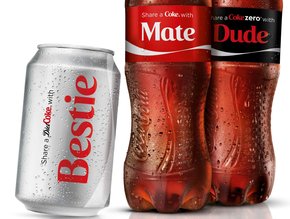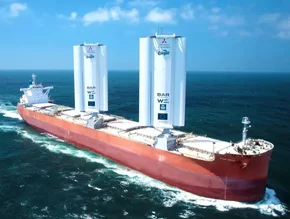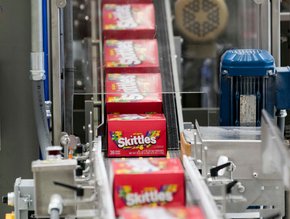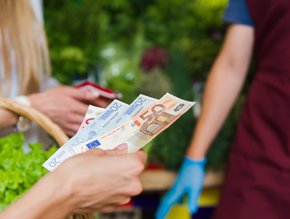How does the FDA Food Traceability Rule impact operations?

The Institute of Food Technologists (IFT), a nonprofit scientific organisation committed to advancing the science of food and its application across the global food system, has released a series of educational videos designed to help food companies better understand how the FDA’s Food Traceability Rule will impact their operations as well as provide guidance on compliance.
The commodity-specific videos cover the key sections of the Food Safety Modernization Act (FSMA) Rule 204 for each of the foods listed on the FDA’s Food Traceability List.
The FDA’s traceability rule is meant to help facilitate more efficient recalls during a foodborne illness outbreak by requiring a more standardized approach to capturing and sharing product identification and movement data throughout the food chain. This will allow for quicker and more accurate tracking of potentially harmful products, reducing the impact of foodborne illness outbreaks on consumers.
All products covered by the rule must be in compliance by January 20, 2026.
“After the announcement by the FDA in November 2022, many food companies were left wondering how the traceability rule would impact them. Now these companies are officially on the clock and must start preparing to be in compliance in less than three years. IFT has created these commodity-specific video to help them gain a better understanding of the road ahead and provide them with the knowledge and tools to help them on their traceability journey,” said IFT Chief Science and Technology Officer Bryan Hitchcock.
To view IFT’s commodity-specific Food Traceability Rule videos, click here.
IFT’s Global Food Traceability Center is playing a critical role in improving traceability throughout the food supply chain. Founded in 2013, the GFTC conducts applied research; develops resources, tools, and training; and offers customizable services to help industry, regulators, and non-governmental organizations (NGOs) implement end-to-end, event-based, interoperable traceability to solve challenges and create opportunities across the supply chain.






